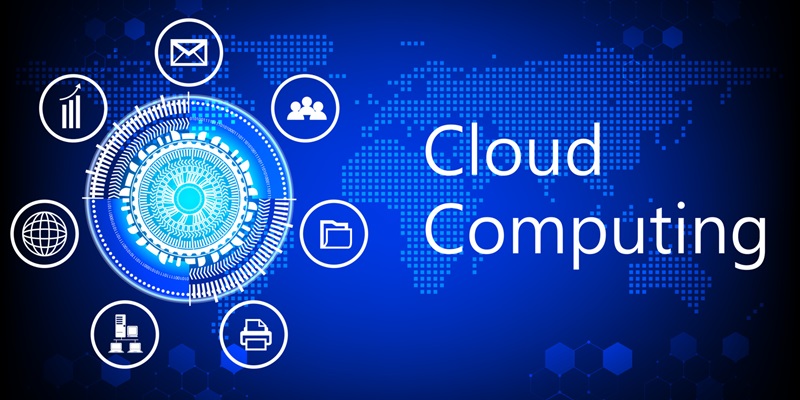The gig economy has emerged as a transformative force in the contemporary workforce, with more individuals opting for flexible project-based work over traditional nine-to-five jobs. This shift has been largely driven by advancements in technology, particularly in the field of cognitive cloud computing. By combining artificial intelligence (AI) and cloud computing, cognitive cloud computing has the potential to revolutionize the way we work, providing gig workers with new opportunities and significantly impacting their productivity, efficiency, and overall success.
Technological advancements in the gig economy have played a pivotal role in facilitating the transition. In recent years, cognitive cloud computing has emerged as a crucial enabler, offering enhanced tools and resources to gig workers, making their work more feasible and efficient.
Understanding Cognitive Cloud Computing
Cognitive cloud computing is the convergence of AI and cloud computing technologies to create a powerful tool capable of transforming work processes. Through machine learning algorithms and data analysis, cognitive cloud computing can perform complex tasks, understand user preferences, and deliver personalized solutions. By leveraging these advancements, gig workers can enhance their overall performance and elevate their ability to meet client demands.
Automating Repetitive Tasks for Increased Efficiency
One of the key advantages of cognitive cloud computing in the gig economy is its ability to automate repetitive tasks. Mundane activities that consume time and resources can now be handled efficiently by AI-powered tools, freeing up gig workers to concentrate on more complex and creative aspects of their work. This automation not only increases productivity but also allows gig workers to maximize their potential within the limited duration of their projects.
Boosting Productivity and Efficiency
By automating repetitive tasks, cognitive cloud computing significantly improves the productivity and efficiency of gig workers. With more time and mental energy dedicated to crucial tasks, such as problem-solving and creative thinking, gig workers can deliver high-quality work at a faster pace. This improved efficiency ultimately benefits both gig workers and their clients, as projects are completed more timely and effectively.
Delivering Personalization and Tailored Solutions
Cognitive cloud computing empowers gig workers to understand individual client preferences and behaviors. By analyzing vast amounts of data, the AI-powered tools in cognitive cloud computing enable gig workers to deliver tailored solutions that satisfy specific client needs. This level of personalization not only enhances the customer experience but also increases the likelihood of repeat business and positive referrals, establishing gig workers as trusted and reliable professionals.
Enhancing the Customer Experience
Through the customization and personalization capabilities of cognitive cloud computing, gig workers can provide exceptional customer experiences. By understanding client preferences, anticipating their needs, and delivering solutions that align precisely, these professionals can forge stronger relationships with their clients. The enhanced customer experience improves client satisfaction, fosters loyalty, and generates opportunities for future collaboration.
Accessing Diverse Expertise and Information
Cognitive cloud computing allows gig workers to access vast amounts of information and expertise that would otherwise be difficult to reach. By tapping into the collective knowledge stored in the cloud and leveraging advanced analytics, gig workers can access a diverse range of skills and perspectives, irrespective of their physical location. This enables them to more effectively tackle complex projects, deliver innovative solutions, and achieve higher quality results.
Promoting Innovation and Quality
The integration of cognitive cloud computing in the gig economy promotes innovation and quality. By providing gig workers with access to diverse expertise, it stimulates the generation of fresh ideas, unique approaches, and creative solutions. The ability to incorporate varied perspectives enhances the overall quality of work, benefiting both gig workers and their clients. This integration encourages a culture of innovation and drives continuous improvement within the gig economy.
The integration of cognitive cloud computing in the gig economy offers numerous benefits, from automating repetitive tasks to enhancing collaboration and communication. By harnessing the power of AI and cloud computing technologies, gig workers can efficiently manage their projects, deliver personalized solutions to clients, and access diverse expertise and information. As the gig economy continues to flourish, the adoption of cognitive cloud computing will play a pivotal role in shaping the future of work, empowering gig workers, and leading to enhanced efficiency, productivity, and innovation.

